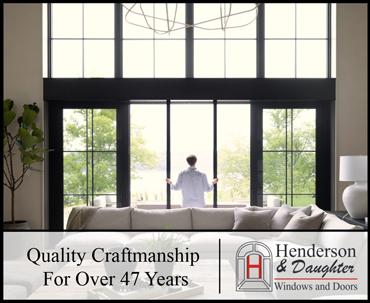I have a friend who can fix just about anything. His wife once famously said, “He is especially good at changing filters.” I laughed for two days. I suspect he’s good for more than that, but changing filters is a really big deal.
My favorite story about this particular friend involves a hot tub. He and his wife and another couple rented a house in Sunriver during winter. It was snowing and the house had a broken hot tub. (I don’t understand it, but people really like to use hot tubs when it’s snowing.) However, the rental company said the hot tub was out of commission and they were not to touch it. They were absolutely forbidden to try to fix the hot tub. So my friend went under the house and fixed the hot tub. They used it all weekend, and on Sunday night he went back under the house and re-broke the hot tub, locked it up, and they left. I love the subversiveness of that story — the thumbing of his nose at authority.
A bunch of us were discussing an upcoming salvage tour and the houses on the tour. I’m not on the tour because I break out in hives at the thought of strangers paying money to walk through my house in little paper slippers and opening my cupboards when no one is looking. It’s too bad I am limited in this regard, because my house rocks with salvage.

My über handy friend put out an opinion: He felt that the rest of the houses on the tour mainly used antiques in design rather than salvage. For example, using an old sink for its intended purpose (as a sink) is buying and using an antique, not salvage. Salvage is something saved and used for other than its intended purpose. I love this kind of conversation — friendly arguments with a favorite topic being discussed. So, I replied, I am calling bull on that kind of talk, Mr. Fix-It. An antique is just something salvaged from someone’s house.

See my old sink in the picture above: Is this salvage or an antique? In the second picture, I have a gate made from a rolling industrial cart with a rusty wrench for a handle. Below the gate is an old slide to exit the deck rather than stairs. I consider each one of these to be salvage — and cool.

In any case, the point of the salvage tour is to showcase the use of alternative products, not new stuff. The old wood, the antique stoves, the ceilings covered with cupboard doors — that’s all an alternative to new-out-of-the-box. I would like to look at the impact here as opposed to terminology. While there might be an argument that an old sink used as a sink is re-use versus using salvage, what does it matter?
Sometimes I think about words and how much impact they have. People use words for power, to make themselves sound like experts, to obfuscate (just typing the word obfuscate is obfuscating), to confuse, to make an old idea sound like a new one. Sometimes I like to use words to dazzle or to misdirect, but in this case I just want to keep the goal simple: to reduce my impact on the environment. I do that by reusing, recycling, repurposing, upcycling, and digging through scrap piles. Apparently those words all have distinct definitions, but you couldn’t prove it by me. Upcycle versus recycle? I don’t care what you call it. If you’re working to reduce your impact, hats off to you.
Portlander Nancy Ranchel is a self-described accountant, design fan, serial re-modeler, compulsive re-user, and blog writer.





